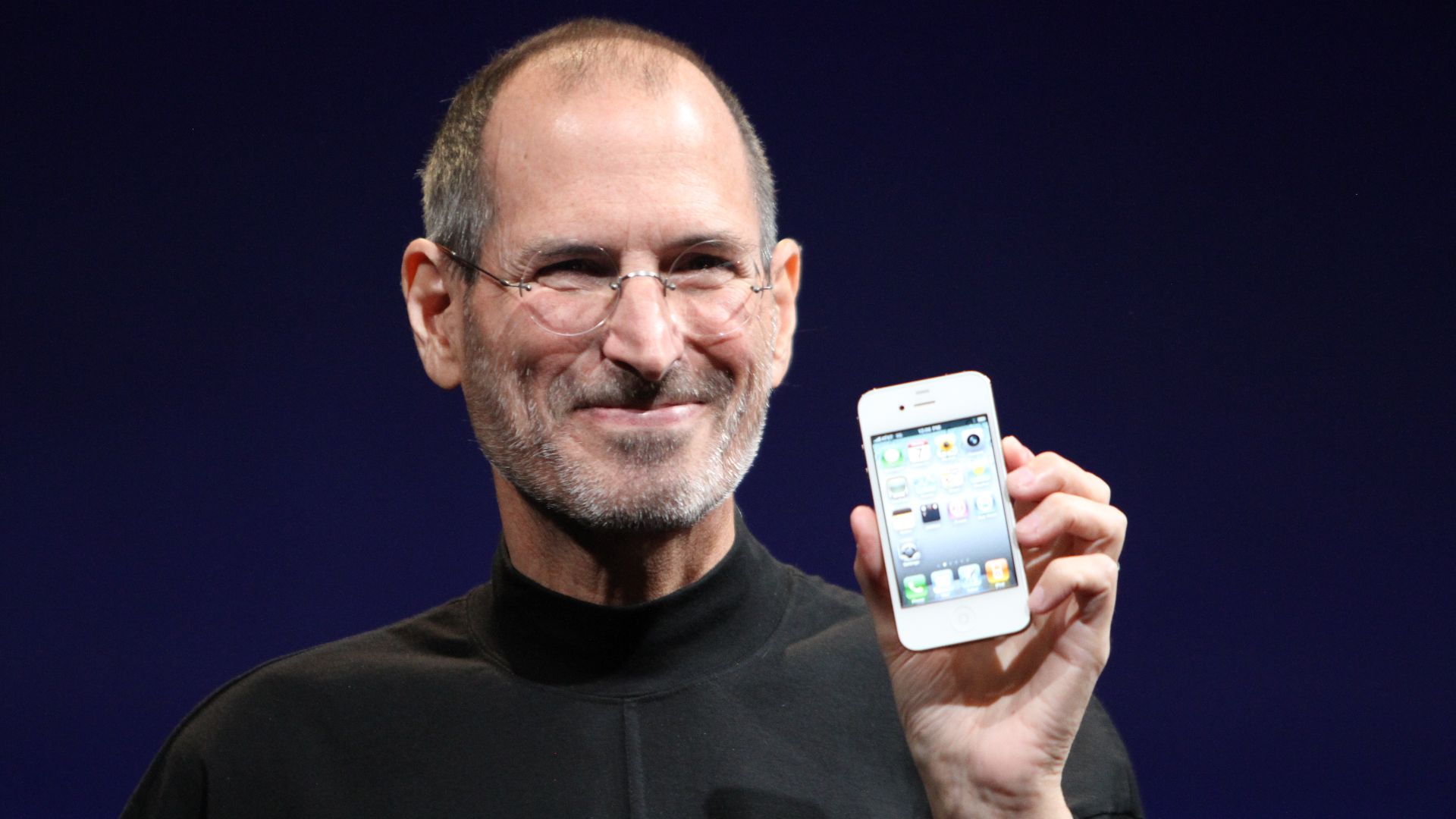From Heroes To Zeroes: 20 Historical Figures Whose Heroism Was Greatly Exaggerated
From Heroes To Zeroes: 20 Historical Figures Whose Heroism Was Greatly Exaggerated
Time to Rethink the Praise
History plays favorites—over time, certain names get polished while their darker chapters fade. Myth and timing often shape who gets praised, but dig into the records, and a different picture shows up. Here, we’ll take a closer look at 20 celebrated figures whose reputations outgrew their realities.
1. Paul Revere
One midnight ride—immortalized by Longfellow’s poem—overshadowed bigger truths. Revere was a capable silversmith, but dozens of riders spread the alarm that night in 1775. Being captured by British patrols cut it short, and poetry minted the legend.
2. Stonewall Jackson
Hailed as Lee’s unstoppable right arm, Jackson thrived on discipline and shock attacks. Friendly fire ended his life at Chancellorsville in 1863—shot by his own men. His myth eclipsed flaws, including harsh discipline and questionable tactics.
 H. B. Hull, active c. 1855 on Wikimedia
H. B. Hull, active c. 1855 on Wikimedia
3. Alexander the Great
Alexander conquered Asia by thirty but also left behind shattered empires, burned cities, and mass graves. After his death in 323 BCE, no one could control the vast empire he built. The quick collapse tells you more about his legacy than his statues ever will.
 Creator:Viktor Brodzki on Wikimedia
Creator:Viktor Brodzki on Wikimedia
4. Steve Jobs
People think Steve Jobs invented the iPhone. However, he didn’t code and didn’t solder, but often took credit for his team’s brilliance. Apple ousted him in 1985. His greatest skill was packaging complex work in minimalist beauty and letting the myth of solitary genius sell the rest.
5. Che Guevara
Romanticized on posters, Che executed prisoners and failed every rebellion after Cuba. In Bolivia in 1967, the revolution ended with a jungle shootout and a corpse photographed like a trophy. Bolivia’s president ordered that his hands be cut off for fingerprint proof he was really gone.
6. Napoleon Bonaparte
Napoleon crowned himself emperor in 1804—talk about subtlety. He sold liberty but ruled like a monarch, restarted slavery in the colonies, and cost Europe millions of lives. In exile in Saint Helena, he dictated his own legend. It stuck, but it didn't clean the mess.
 Jacques-Louis David on Wikimedia
Jacques-Louis David on Wikimedia
7. Christopher Columbus
Forget that schoolbook image of bold discovery. Columbus stumbled into the Bahamas in 1492 and called it India. He then enslaved locals and demanded gold, and his actions sparked centuries of exploitation. The Spanish crown arrested him in 1500 for misrule.
 Ridolfo del Ghirlandaio on Wikimedia
Ridolfo del Ghirlandaio on Wikimedia
8. Thomas Edison
Technically, he's not the inventor of the lightbulb. Edison bought patents and once electrocuted animals to win the current wars, but the press loved him. His colleagues, however, feared him. Either way, his name glowed brighter than his ethics, and history rarely dims a well-lit name.
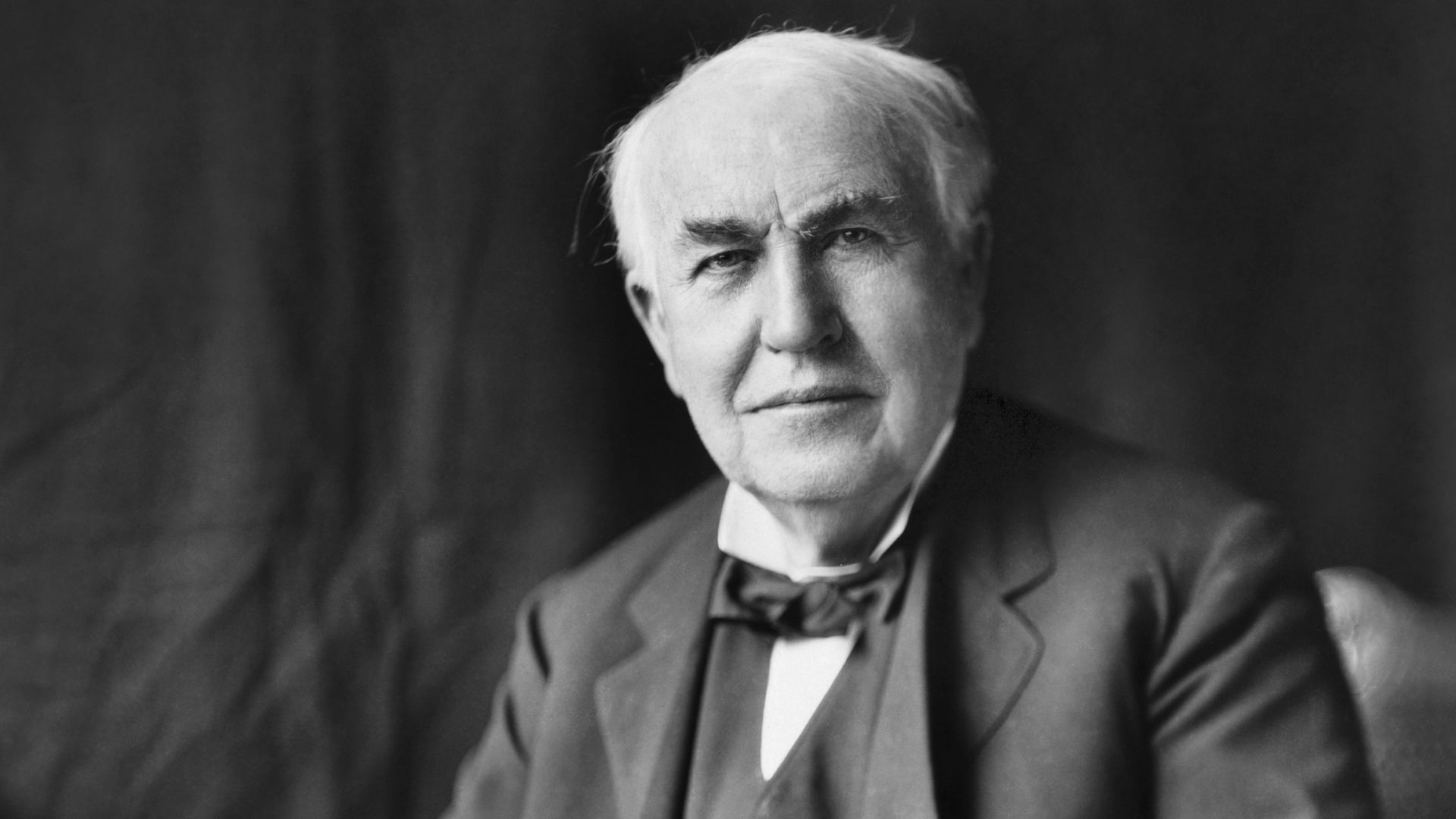 Louis Bachrach, Bachrach Studios, restored by Michel Vuijlsteke on Wikimedia
Louis Bachrach, Bachrach Studios, restored by Michel Vuijlsteke on Wikimedia
9. J. Edgar Hoover
Hoover ran the FBI like a shadow empire. He gathered secrets, ruined reputations, spied on civil rights leaders, and stayed director from 1924 to 1972—across eight presidents. No one dared fire him. That alone says more about his power than any headline could.
10. John F. Kennedy
Charisma and crisis management made JFK a posthumous icon. But dig deeper and soon discover that he dragged his feet on civil rights and indulged in reckless personal behavior. The Camelot myth grew stronger after his death in Dallas, however, it rests more on narrative than national transformation.
 Photographie initiale : Cecil Stoughton, White House, traitement par IA : Madelgarius on Wikimedia
Photographie initiale : Cecil Stoughton, White House, traitement par IA : Madelgarius on Wikimedia
11. Mahatma Gandhi
Though he was known for peace, his early writings from South Africa include discriminatory statements. He opposed untouchability yet upheld caste divisions. He preached simplicity, but kept his family in strained poverty. While his 1930 Salt March stirred millions, his legacy remains a study in contradictions.
12. Francisco Franco
Generalissimo Franco crushed Spain’s republic and, while ruling for four decades, silenced dissent with firing squads. This man considered himself the protector of Catholic Spain, but in truth, his state censored the press and buried bodies in mass graves. He was ultimately a dictator who wrapped cruelty in patriotism.
13. Andrew Jackson
Old Hickory's legacy isn't just populism but also forced displacement. He signed the Indian Removal Act, defying the Supreme Court and exiling 60,000 Native Americans. The Trail of Tears was enforced, with thousands forced to walk it under armed watch.
 Unknown authorUnknown author on Wikimedia
Unknown authorUnknown author on Wikimedia
14. Pablo Escobar
This Colombian kingpin turned Medellín into a war zone. While building clinics and schools, he also built car bombs and mass graves. In 1993, police tracked him through his own phone call, and Escobar lost his life on a rooftop—still armed and still arrogant.
 Colombian National Police on Wikimedia
Colombian National Police on Wikimedia
15. Winston Churchill
Victory in WWII can't erase Bengal's famine. In 1943, Churchill diverted grain while 3 million starved. He called Indians "a beastly people" and mocked colonial independence. Wartime speeches stirred the West, but his empire-building instincts cost lives far from London's underground shelters.
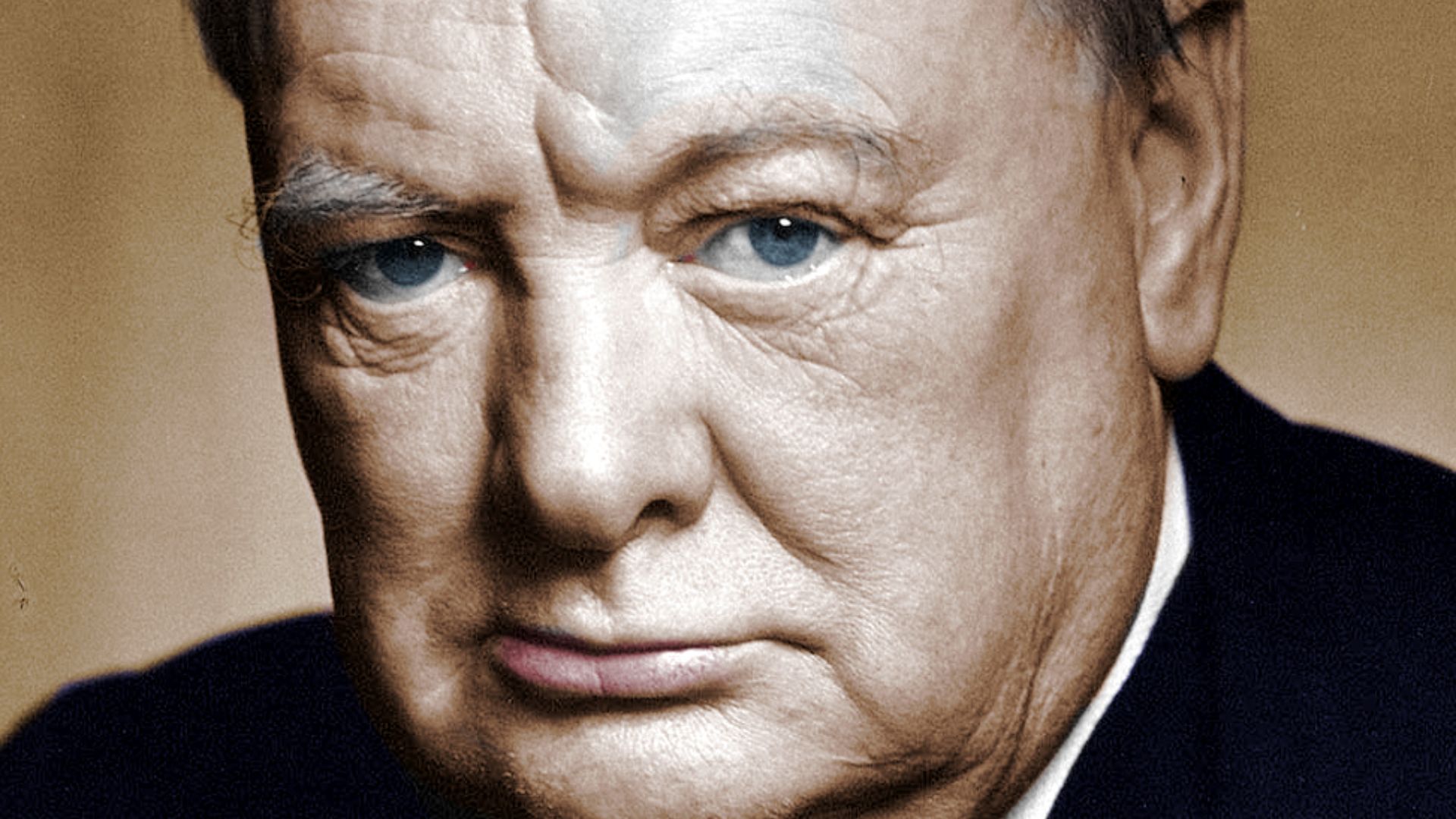 Yousuf Karsh, colorisation : Madelgarius on Wikimedia
Yousuf Karsh, colorisation : Madelgarius on Wikimedia
16. Ronald Reagan
Before the praise and Hollywood shine, there was policy decay. Reagan's fight against drugs ballooned prison populations. His economic strategy enriched the top tier while slashing social programs. He also ignored the AIDS epidemic for years. Public approval can fade, but policy fallout doesn't.
17. Douglas MacArthur
Ego met ambition in uniform. General MacArthur wanted total victory in Korea—even nuclear strikes. When President Truman dismissed him in 1951, the general returned to parades, not the Pentagon. Theatrics masked overreach. He won battles, yes, but sometimes forgot who commanded the war.
 Harris & Ewing, photographer on Wikimedia
Harris & Ewing, photographer on Wikimedia
18. Richard The Lionheart
Richard I taxed England heavily to fund foreign wars and was more interested in using Jerusalem for glory and show than for any deep religious purpose. In Acre, he massacred 2,700 prisoners. Bravery on crusade meant little to the homeland he barely ruled.
 Merry-Joseph Blondel on Wikimedia
Merry-Joseph Blondel on Wikimedia
19. Robert E. Lee
His uniform was gray, but Lee's image got whitewashed. This Confederate general fought fiercely, not for strategy's sake, but for slavery's. Postwar legends recast him as reluctant, noble, and tragic. In reality, he betrayed the Union and used enslaved labor on his own Virginia estate until defeat.
20. Buffalo Bill
The man sold America its own fantasy. His Wild West pageants blurred genocide and entertainment, casting Native Americans as villains or background elements. Yes, he hired them, but only to restage their loss. Historical theater paid well, especially when the truth was just bad marketing.
KEEP ON READING
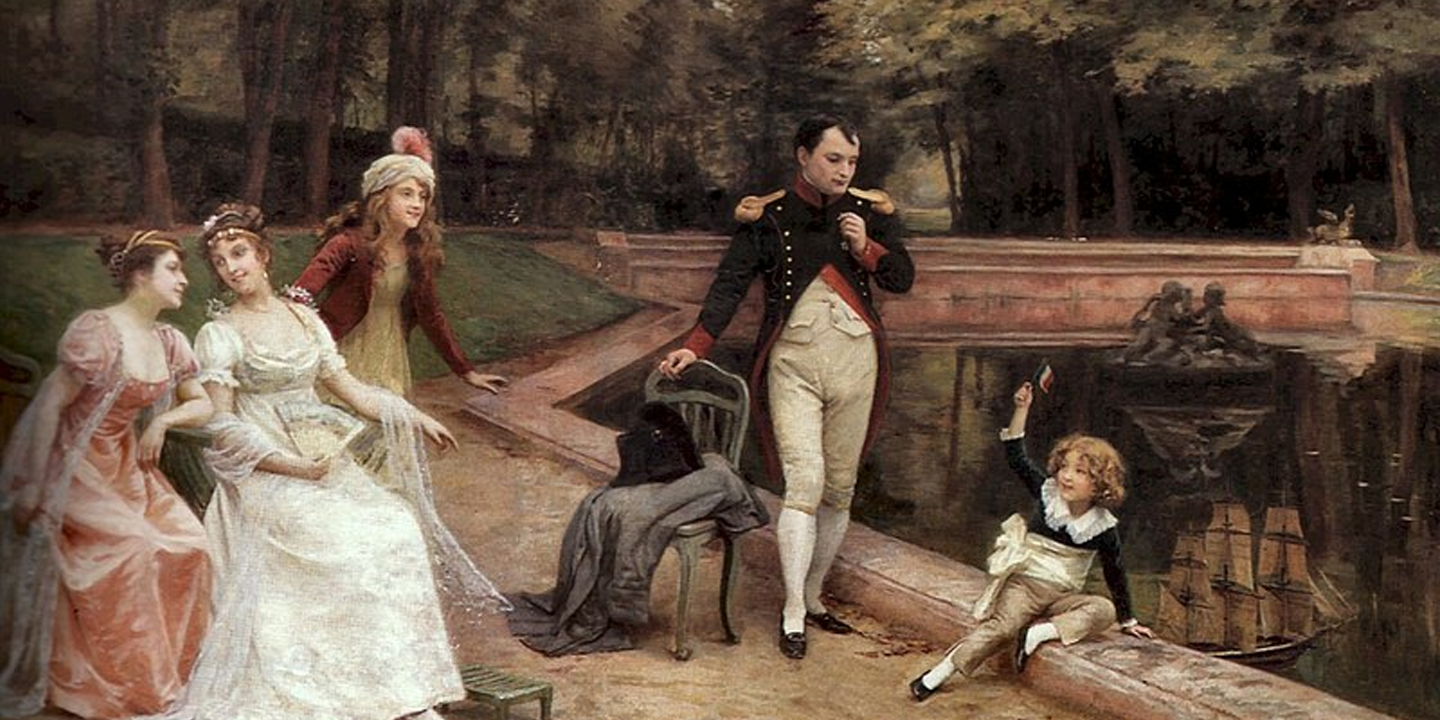
The 20 Most Recognized Historical Figures Of All Time
The Biggest Names In History. Although the Earth has been…
By Cathy Liu Oct 4, 2024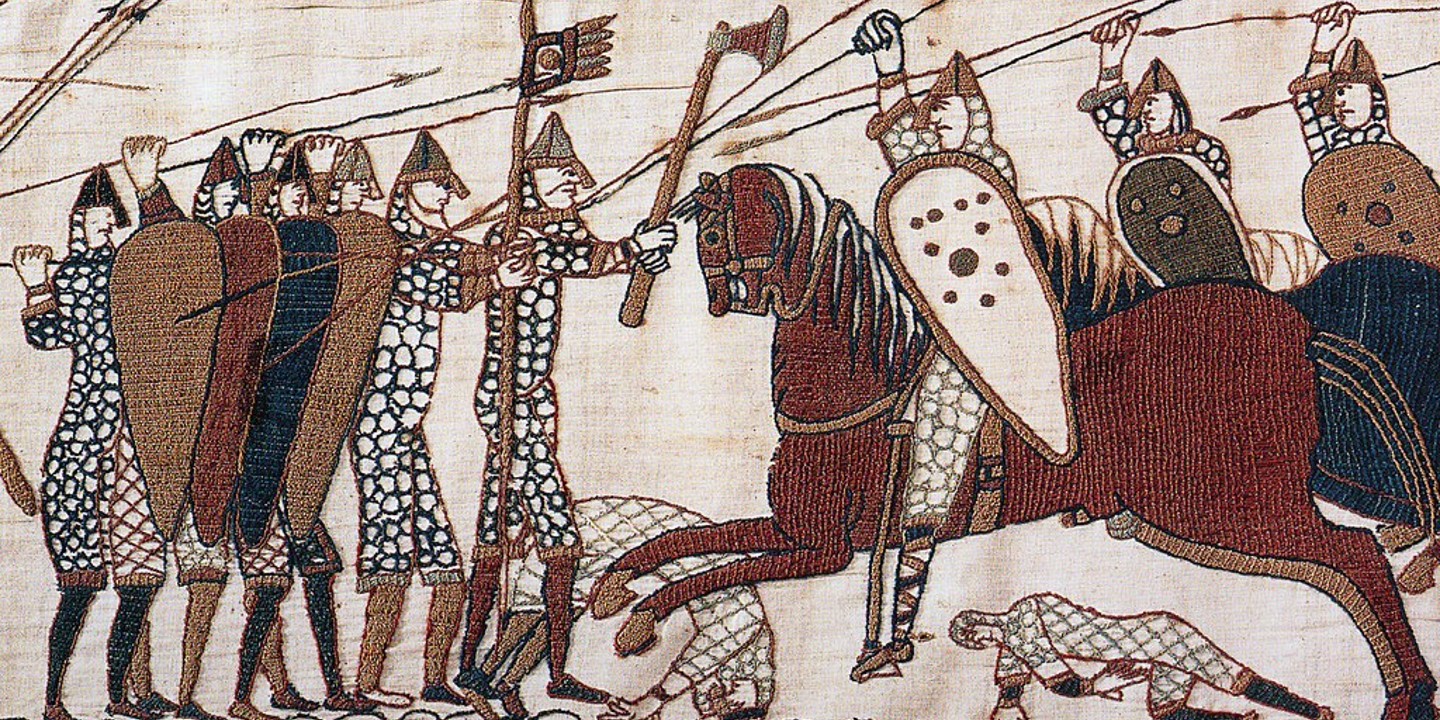
10 of the Shortest Wars in History & 10 of…
Wars: Longest and Shortest. Throughout history, wars have varied dramatically…
By Emilie Richardson-Dupuis Oct 7, 2024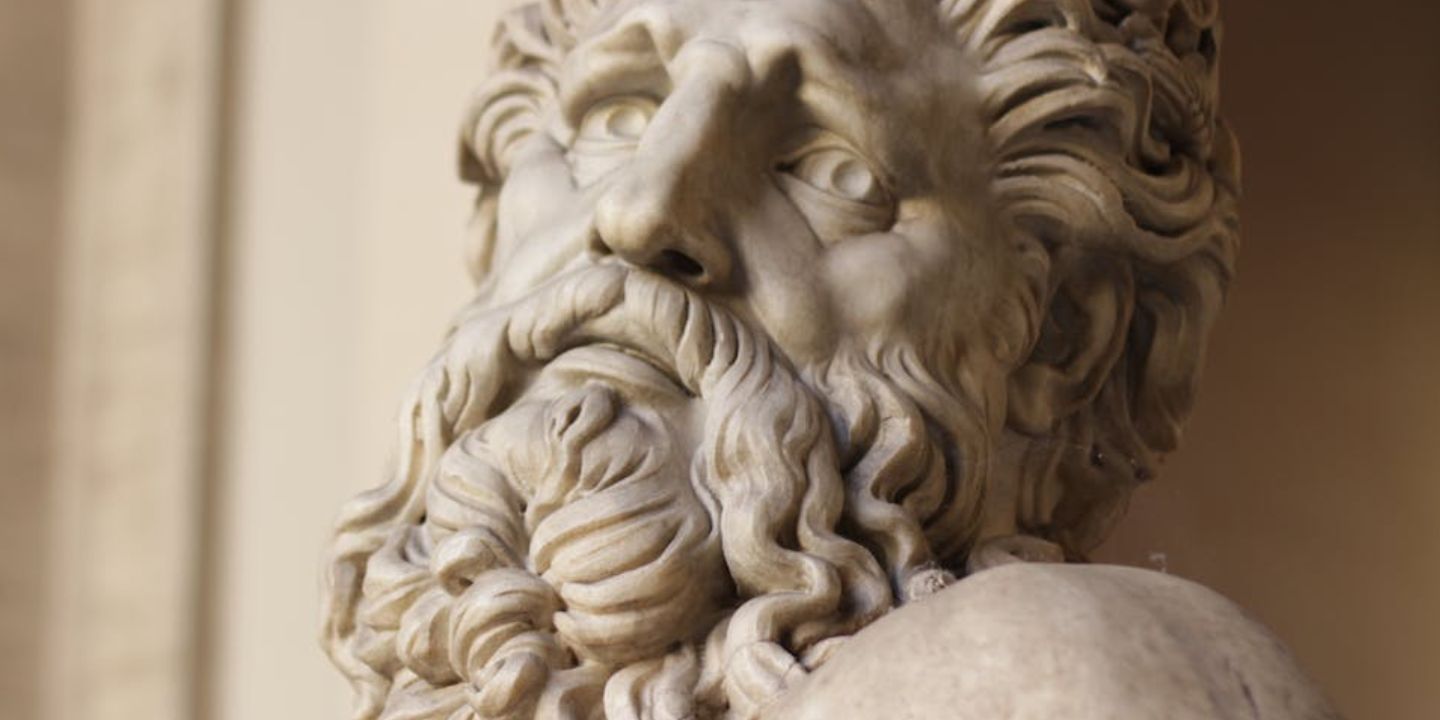
10 Fascinating Facts About Ancient Greece You Can Appreciate &…
Once Upon A Time Lived Some Ancient Weirdos.... Greece is…
By Megan Wickens Oct 7, 2024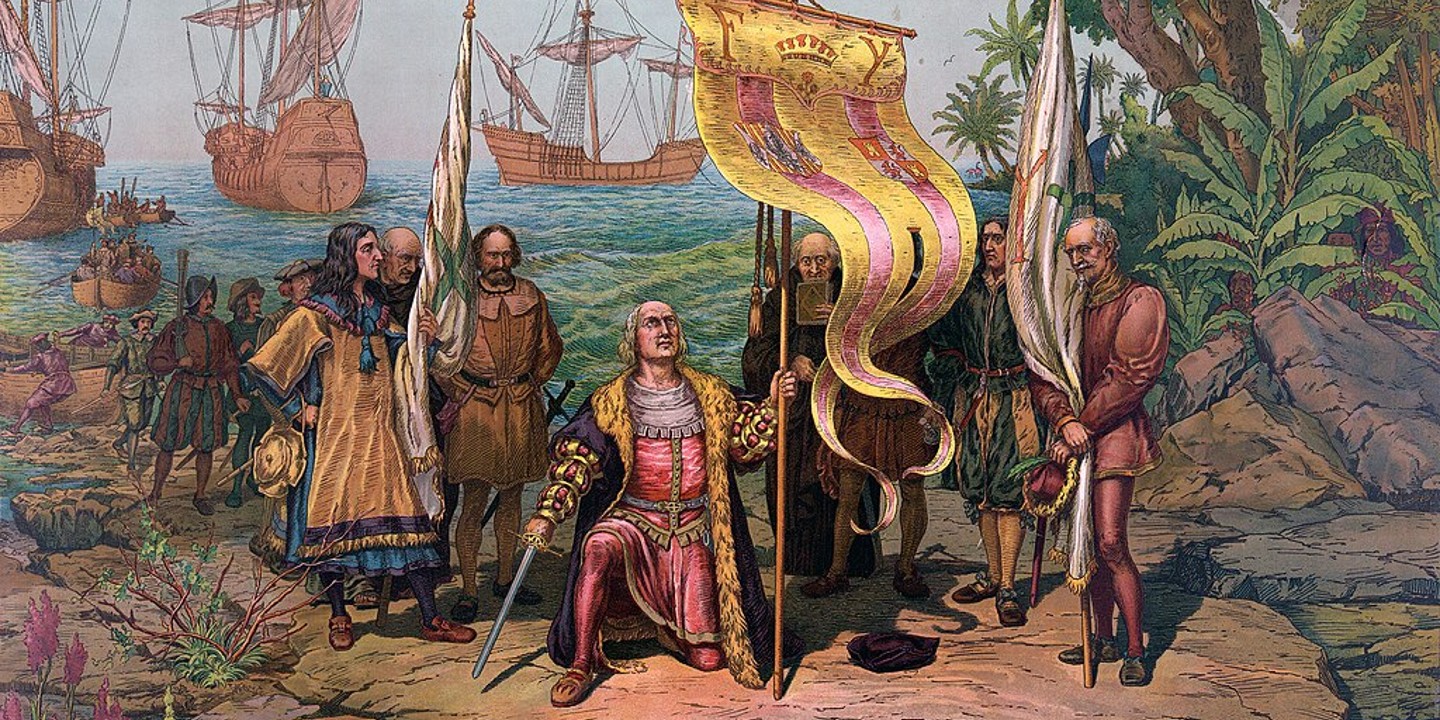
20 Lesser-Known Facts About Christopher Columbus You Don't Learn In…
In 1492, He Sailed The Ocean Blue. Christopher Columbus is…
By Emilie Richardson-Dupuis Oct 9, 2024
20 Historical Landmarks That Have The Craziest Conspiracy Theories
Unsolved Mysteries Of Ancient Places . When there's not enough evidence…
By Megan Wickens Oct 9, 2024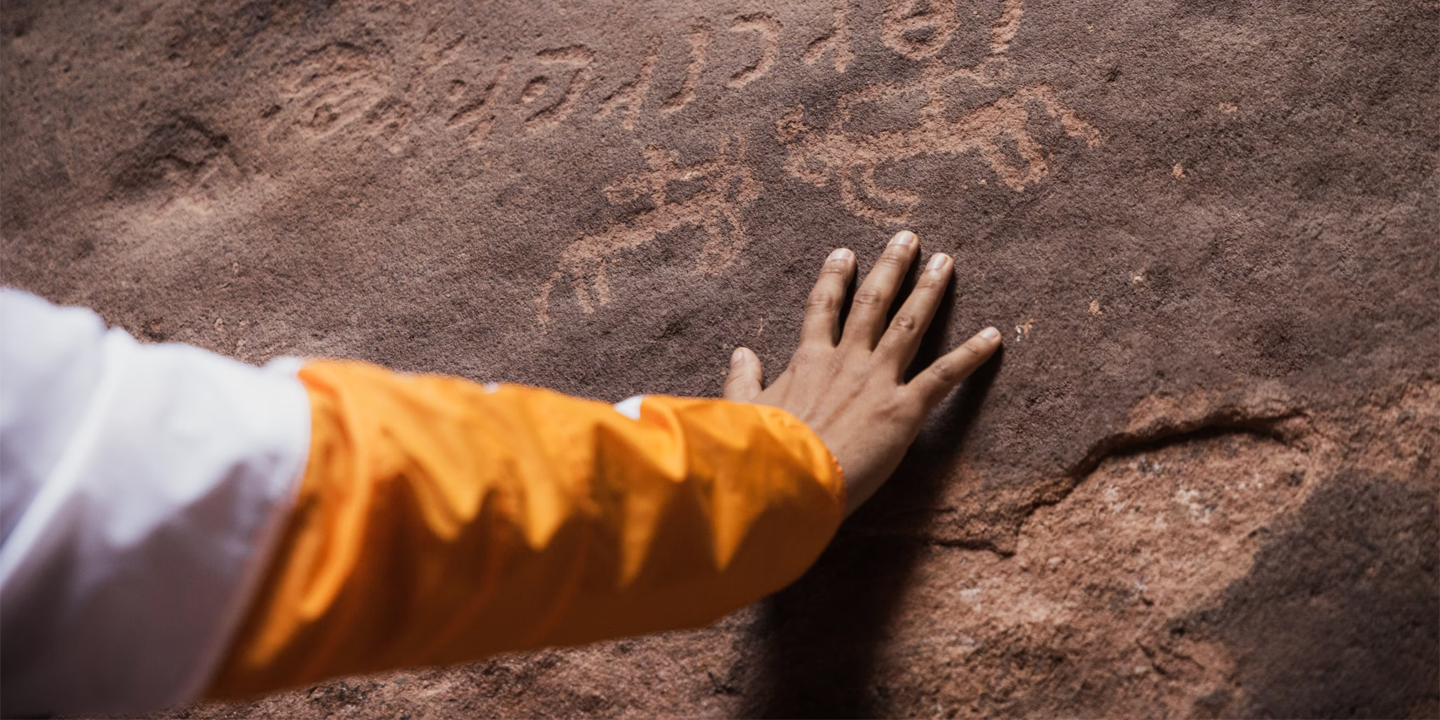
The 20 Craziest Inventions & Discoveries Made During Ancient Times
Crazy Ancient Inventions . While we're busy making big advancements in…
By Cathy Liu Oct 9, 2024



